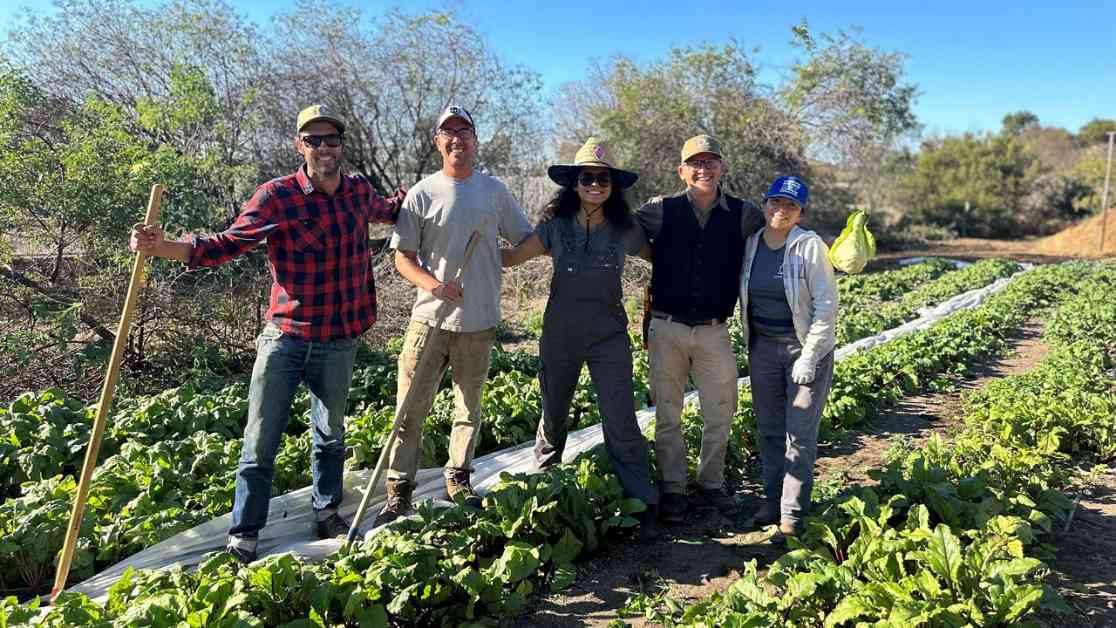Revolutionizing Crop Resilience: Flipping the Switch on Photosynthesis
SAN DIEGO — Scientists worldwide are on a mission to revolutionize crop resilience by unlocking the secrets of photosynthesis. This groundbreaking research could pave the way for a future where plants play a crucial role in combating climate change.
Unlocking the Power of Plants
In a bid to understand how certain plant species have evolved a more efficient photosynthesis approach, researchers are delving deep into the intricate mechanisms of nature. The implications of these findings are immense, potentially transforming staple crops like rice and wheat into climate-resilient superstars.
From Farm to Lab
Adam McCurdy, a farmer at Coastal Roots, embodies the essence of this research. With a passion for cultivating healthy food and nourishing his community, McCurdy emphasizes the importance of sustainable farming practices. His hands-on experience in the field brings a human touch to the scientific endeavor, highlighting the urgent need to enhance crop productivity without compromising nature’s balance.
Engineering a Sustainable Future
Scientists like Joe Ecker and Joseph Swift are at the forefront of this agricultural revolution. By studying the differences between C3 and C4 plants, they aim to unlock the genetic codes that could make crops more resilient to changing climate conditions. The collaborative efforts of Salk scientists and the University of Cambridge have shed light on the evolutionary journey of plants, paving the way for a new era of sustainable agriculture.
Together, these researchers are paving the way for a greener, more sustainable future, where crops not only feed the world but also thrive in harmony with nature. The quest to flip the switch on photosynthesis represents a groundbreaking step towards a more resilient and sustainable food system for generations to come.
